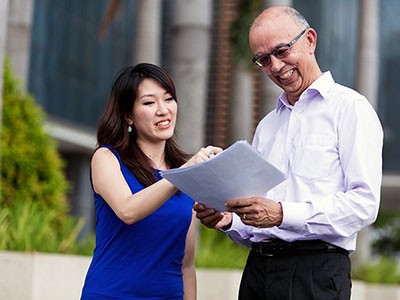編輯頁 In fact, teaching load is nothing more than teaching assignment. In particular teaching load does not mean teaching burden. Sometimes heavy weight or friction takes you go smoothly ahead.
University academics are often asked, “What do you teach?” Although some will reply by touching on some aspect of their specialty, often the most-honest answer would be, “as little as possible”.
The source of this attitude is plain to see in academic parlance: teaching, in particular undergraduate teaching, is often referred to as a ‘load’ — implicitly, a burden — and the reward for shouldering it is often small compared with that for other responsibilities, such as research or administration.
Despite having once been students themselves, most academics at research universities begin their careers by focusing not on teaching but on research. They understand that most tenure evaluations will have little to do with what goes on in the classroom. Research excellence is expected, but the bar for teaching is set lower, and linkage between the two activities is often weak.
When I began my academic career more than 30 years ago, I aspired to my current job not because of a desire to teach, but because of an aspiration to understand the world in new ways through my science. Not much happened in my early career to modify this point of view; for me, teaching was an obstacle to ‘proper’ academic work: research.
Institutional culture seemed to agree with me. I was given no formal instruction in how to teach, but was offered workshops designed to help me secure more external funding. This led to some tension in my classroom, because it seemed to me that although I was expected to spend a fair bit of time preparing and delivering my courses, this work would not matter in my evaluations. The students could sense this tension. However, the situation improved when I realized that the best way to teach is to relax, and that I could relax because the institution wasn’t paying much attention — so my career would not be at risk if I made a mistake in the classroom. Realizing that the only ones who needed to be satisfied were myself and my students helped me to calm down. The ‘burden’ was lifted, and I began to look at teaching as an opportunity.
As I grew more comfortable, I started to discuss my research in undergraduate classes alongside standard course material. This gave the students more of a stake in a part of the university that is often opaque to them and, as a result, I saw better questions and more engagement. It also gave a boost to my research. Inviting even the most-junior undergrads to a seat at my research table forced me to view questions in fresh ways. This helped me value more highly the education I was providing. It also helped me to contribute — both in the laboratory and in the field — to my discipline through collaborations that might not have come about so easily otherwise, with the added benefit of transforming colleagues at other universities into friends.
Ironically, it was only when I accepted that teaching was not valued that I became a better teacher. However, this might not be the best path for everybody. As for the issue of how to improve teaching at research universities, formal instruction in pedagogy might not be the most efficient tool, although it probably wouldn’t hurt. Perhaps all that is needed is for deans to send the message that if your teaching isn’t enhancing your research and vice versa, you’re not doing either one correctly. Motivating people with what they already value is easier than making them care about something else. Linking better teaching to enhanced research might be more motivating than explaining to academics that their research programmes might not exist without undergrads to help pay the bills.
Academics in general and university administrators in particular should stop thinking of and referring to teaching as a ‘load’. To help normalize this approach, I recommend that, after a rigorous assessment of teaching and research, promotions and salary increases should be based on the lesser of the two evaluations. Universities should encourage greatness, but it should be impossible to be considered a great professor if one is not great at both teaching and research. This mindset would improve universities in the broadest way. When academics explain what we know and don’t know from our high-level research, students become better informed and new research could be generated as well. Everybody wins. We would all do well to remember that students aren’t a weight to shoulder: on the contrary, they can elevate our work. Universities of distinction will understand they’re not heavy, they’re our students.
doi: https://doi.org/10.1038/d41586-022-00145-z
